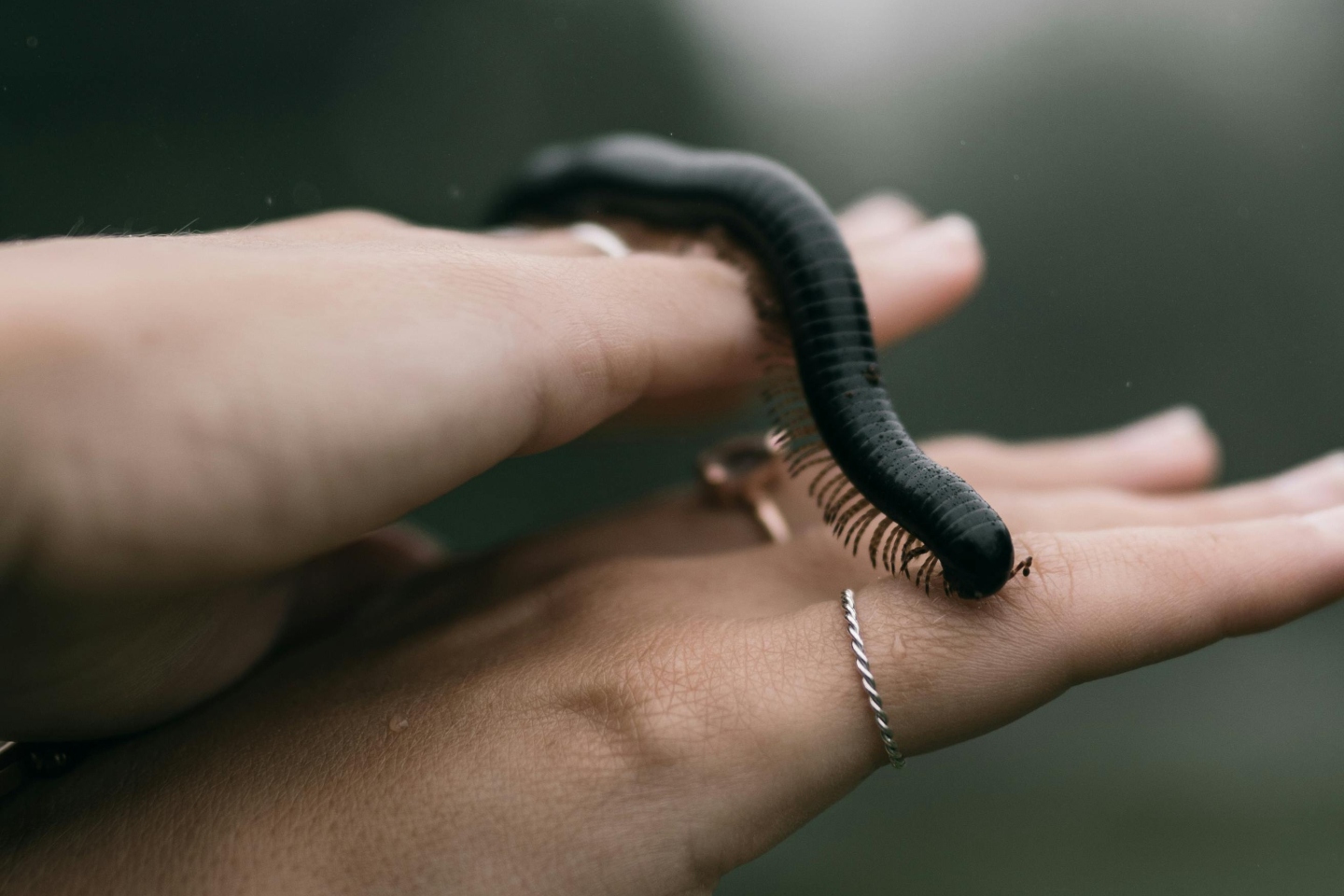Toro Energy says it has expanded its uranium and vanadium resources at its Lake Way and Centipede-Millipede deposits near Wiluna by lowering the cut-off grade and creating new pit designs in light of the commodity’s booming global prices. The company says it is now using a 100ppm cut-off grade to bring it in line with its peers and to allow the expansion of resource envelopes.


Toro Energy says it has expanded its uranium and vanadium resources at its Lake Way and Centipede-Millipede deposits near Wiluna in Western Australia by lowering the cut-off grade and creating new pit designs in light of the commodity’s booming global prices.
The company says it is now using a 100 parts per million cut-off grade to bring it in line with its peers and to allow the expansion of resource envelopes. Its previous resources were calculated using a 200ppm cut-off.
The most significant resource boost was 25 per cent at the Centipede-Millipede deposit, which has been reinterpreted to hold 38.7 million tonnes at 351ppm for 29.95 million pounds of contained uranium oxide. The vanadium resource at Centipede-Millipede has grown by 17 per cent to 73.1 million tonnes at 281ppm for 45.2 million pounds of vanadium oxide.
At the Lake Way deposit, the uranium resource has expanded by 15 per cent and now sits at 15.78 million tonnes at 406ppm for 14.12 million pounds. Toro says Lake Way now has a vanadium resource of 18.7 million tonnes at 307ppm for 12.7 million pounds.
Management says the resource at a third deposit, Lake Maitland, will be re-estimated using the 100ppm cut-off grade and will form part of a new total resource for the larger Wiluna project. Management says additional deposits at Nowthanna and Dawson Hinkler will also be re-assessed using the lower grade cut-off.
Toro Energy executive chairman Richard Homsany, said: “The stated resource expansion and ongoing pilot plant work are important pillars of our refreshed feasibility study and will further demonstrate the significant returns on offer at Wiluna. Importantly, Toro remains on track to align the finalisation of our optimal development strategy at Wiluna with the potential shift on government policy regarding uranium development in WA.”
Homsany said environmental permits at Wiluna would need to be expanded to cater for the “paradigm shift” in the potential economics and enhanced environmental values of the project after the company improved its metallurgical flowsheet. He said management’s research-and-development efforts since 2017 had resulted in transformational growth and increased value for the project.
Uranium prices have been soaring of a late, hitting 18-year highs of about $160 per pound last month, prompting Toro to reaffirm its commitment to the construction of its Lake Maitland pilot plant to test ores from its three uranium-vanadium deposits.
Lake Way, Centipede-Millipede and Lake Maitland all sit within about 110km of the mining town of Wiluna in WA’s goldfields – an area already known for its rich gold mining history, but which may now require a new chapter to be written. The deposits are referred to by Toro as “globally significant” and make up the larger Lake Maitland project.
Management says its Lake Maitland pilot plant will test improved beneficiation and hydrometallurgical circuits it has developed from its bench-scale research, at closer-to-production scale and as single streams. The plant is designed to accept at least 20 tonnes of trial ore feed and process it through two campaigns in each of the beneficiation and hydrometallurgical circuits.
It will be an interesting endeavor for Toro as previously each element of the beneficiation and hydrometallurgical circuits had only been run in isolation. The pilot will see both circuits run together as an integrated system – an important step when commissioning new plants to ensure appropriate feed rates at input points.
Toro says it now plans to kick off its drilling of source areas to identify suitable batches of trial feed ore ready for processing in the second half of this year.
With freshly-updated mineral resource estimates for Lake Way and Centipede-Millipede, the Wiluna project is well on its way towards a new total resource estimate using the 100ppm cut-off grade. The company says State and Federal approvals and its tenement position have all been secured, while agreements are also in place with the Wiluna council.
In reducing the cut-off grade and in-turn increasing the tonnes to be mined and processed, Toro is taking the calculated punt that elevated uranium prices will outweigh the increased all-in sustaining costs for its project.
According to the International Energy Agency, nuclear power generation will reach an all-time high in 2025, surpassing a previous record set in 2021. Adding to that, more than 20 countries signed a declaration at a United Nations Climate Change Conference last year to triple their nuclear-generating capacity by 2050.
The push is part of the global decarbonisation effort to replace polluting fossil fuel power generation options – and many countries are now coming to terms with the reality of renewables not pulling their weight in the desired timeframes.
Is your ASX-listed company doing something interesting? Contact: matt.birney@businessnews.com.au












